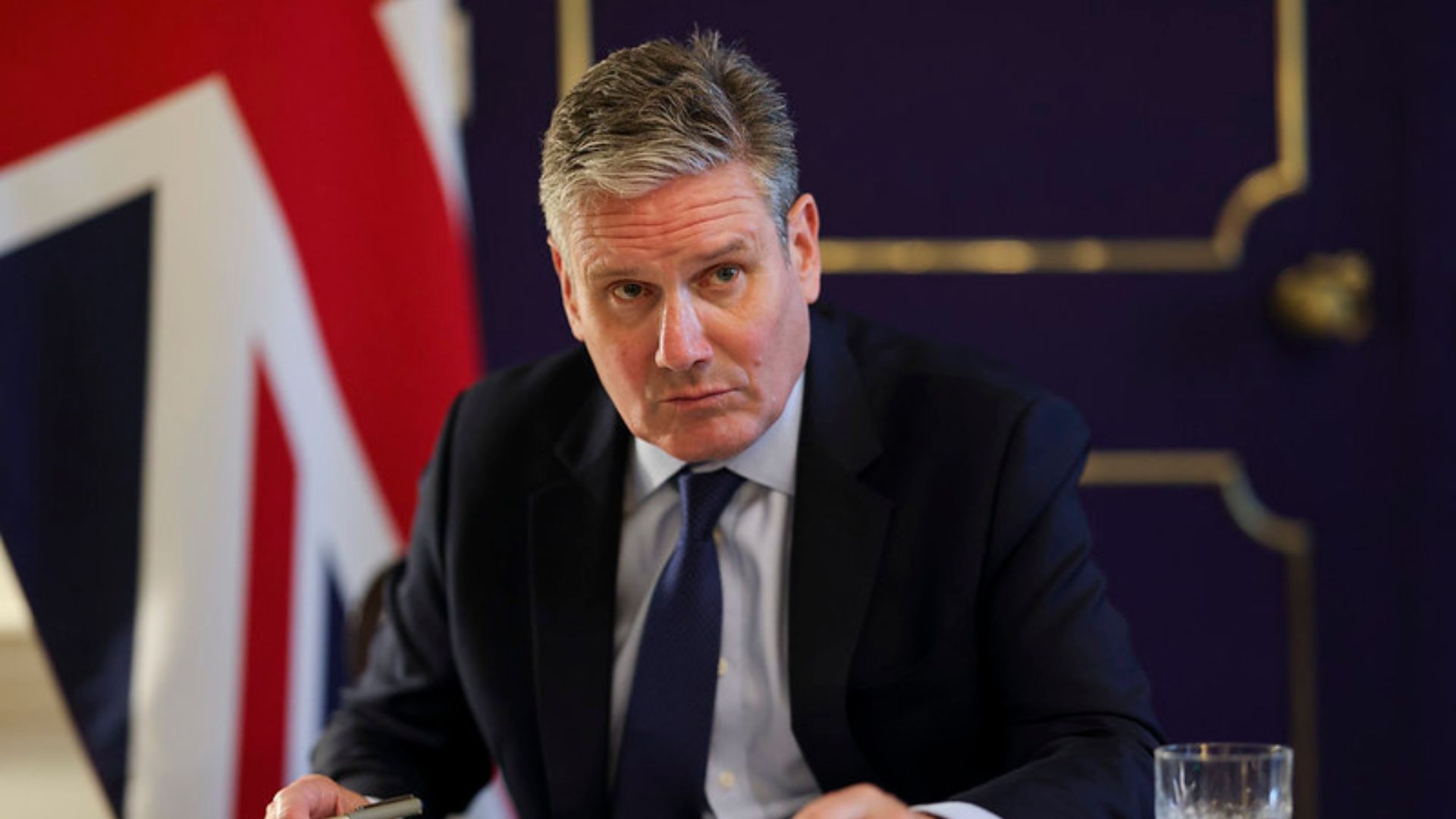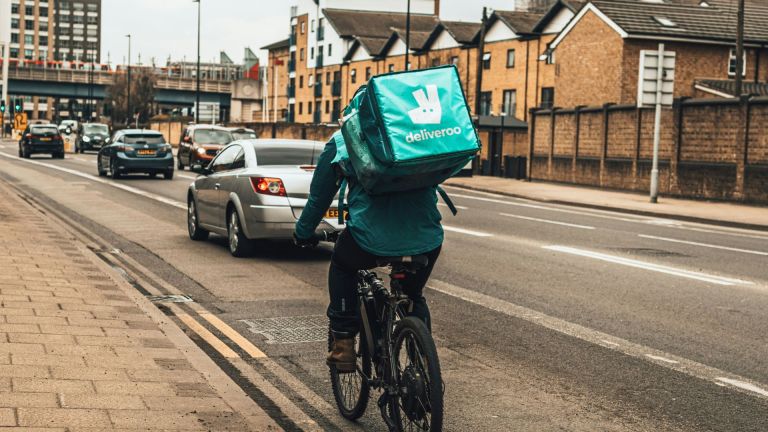Prime minister Keir Starmer speaks of ‘fixing the foundations of this country’ and addressing a ‘societal black hole’. I’d argue that the deepest hole in our society is the one we’ve dug for our children.
Everyone says, ‘There’s no money’. We must wait for the mythical money tree to bloom before revitalising our parks, improving the working conditions of our family workforce or plugging the gaping holes in our NHS. ‘There’s no money’ is the best excuse for inaction.
But money clearly exists. Yes, high street shops, restaurants and cafes have been boarded up since the pandemic, yet in Glasgow, where I live, the designer clothes shops and high-end cookware outlets are thriving. In the wealthier parts of the city, the oversized four-wheel drives still squeeze through the narrow Victorian streets. The issue isn’t a lack of money, but its distribution. Our youngest citizens – babies and children – are last in line when the struggling money-tree squeezes out a rare fruit. We all know this makes no sense.
- Scrap two-child benefit cap to end child poverty, Labour told: ‘Good intentions are not enough’
- The North East has overtaken London as the region with the highest rate of child poverty
This neglect is both morally questionable and economically unsound. A recent report from the Academy of Medical Sciences revealed that focusing on the health and development of our youngest children could save society more than £16bn every year. The Academy’s ‘Thrive by Five’ activity aims to keep this crucial fact in the consciousness of our new government. Why is this such a hard message for us to hear?
My mother, Joyce Minnis, was a social worker in a materially deprived area of the West of Scotland at a time when the job meant holding a caseload of struggling families. She and her colleagues walked alongside families living in poverty, sometimes over many years, supporting them in times of crisis. As soon as she knew I wanted to become a child psychiatrist, she warned of a phenomenon she had witnessed many times in courtrooms or child protection committees – that adults can no longer imagine being children. She warned that my own memories of childhood would not help me, since the lives of children today are so radically different from my own. This is a profound insight that has guided me ever since. As adults, we must make a special effort to imagine the lives of children. When our imagination fails, as it often does, the consequences are terrible.
Just this week, I was reminded yet again of our lack of imagination about children. My colleague “Linda” has Type 1 diabetes which has become much less problematic since she gained access to an insulin pump several years ago. The pump delivers insulin regularly throughout the day, avoiding the need for regular injections. Her 10-year-old son “Craig” has been diagnosed with the same disease. He is autistic and has always been terrified of needles, so a diabetes diagnosis was a particularly big deal for Craig and his mum. Despite the United Nations Convention of the Rights of the Child (UNCRC) stating that ‘every child has the right to the best possible health’ and ‘governments must provide good quality health care’, Craig faces a two-year wait for an insulin pump. Meanwhile, he must overcome his needle phobia six times daily until he’s 12.










